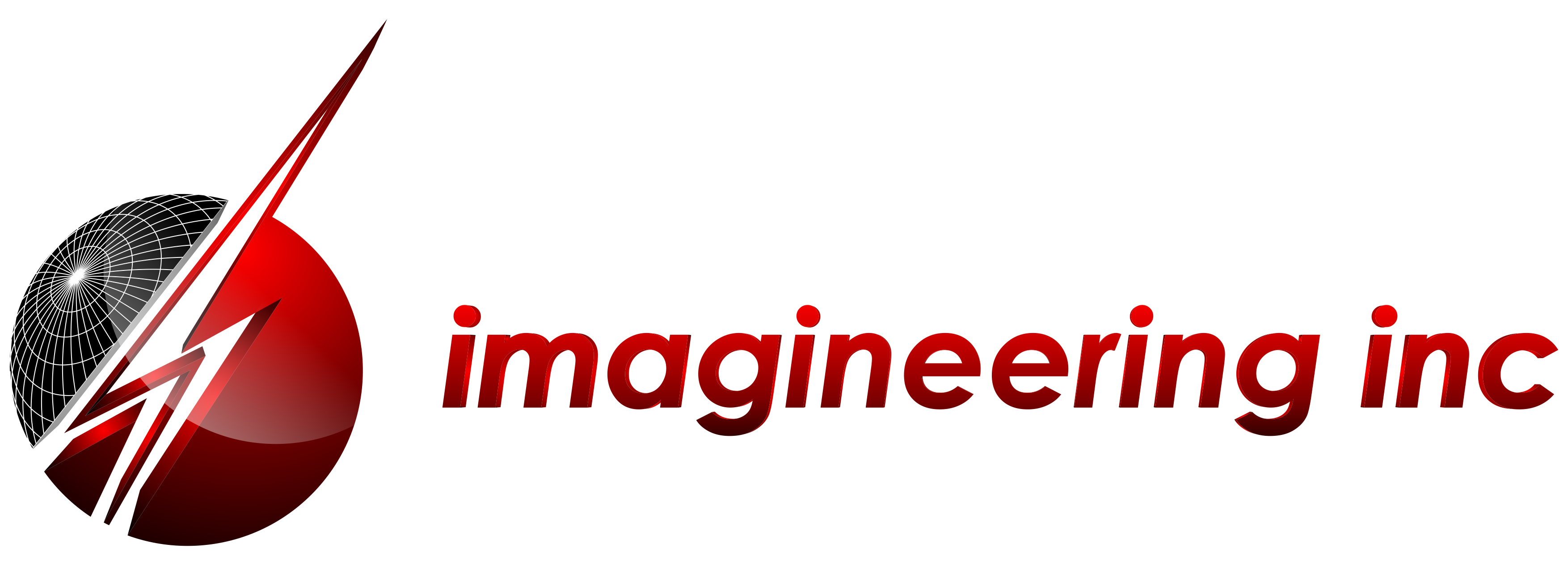Compliance standards, laws, and regulations serve a critical function when it comes to PCB manufacturing.
Meeting them isn’t just a way to ensure you have access to as many markets as possible. They’re also the way the industry, regulatory bodies, and elected governments ensure the safety and reliability of the economies they serve.
Failing to meet compliance standards often comes with financial or legal penalties. But beyond those, a lack of compliance can damage your brand image, potentially costing you business relationships and customer trust.
In this blog post, we’ll help you understand:
- What compliance means for PCB manufacturing.
- The relevant laws and regulations you need to be aware of.
- How compliance directly benefits electronics manufacturers.
Since compliance can look different for different industries, let’s start by explaining what it looks like in the PCB industry.
Current Compliance Standards, Laws, and Regulations for PCB Manufacturers
PCBs are used in every industry and country worldwide. Their importance to daily life makes them invaluable to the global economy. As such, they are heavily regulated.
PCB manufacturers must adhere to a plethora of local, national, and international standards, laws, and regulations to meet the stringent requirements of various industries.
There are too many to list in a single blog post, but here’s a list of some of those standards so you can be aware of them:
Local and National Standards (USA)
The following compliance standards and regulations apply to certain important markets around the world:
- International Traffic in Arms Regulations (ITAR)
ITAR controls the export and import of defense-related articles and services, including PCBs used in military applications. It ensures that technical data and materials related to defense PCBs are accessible only to U.S. citizens or authorized personnel.
- EPA Regulations (USA)
In the United States, the EPA has several compliance regulations in place that apply to PCB manufacturers. A recent example is a new 2024 rule that controls the cleanup and disposal of PCB waste in order to enhance environmental safety.
- Occupational Safety and Health Administration (OSHA)
OSHA’s primary role is to ensure workplace safety and health. Their regulations include rules concerning hazardous materials, personal protective equipment, machinery safety, and more.
International Standards
These regulations apply outside the United States but are still important for American companies who want to do business in international markets.
- Restriction of Hazardous Substances (EU)
The RoHS limits hazardous materials like lead, mercury, cadmium, and certain flame retardants in electronics. It’s goal is to ensure that PCBs are environmentally friendly and safe for use, reducing the toxic impact on human health and the environment.
- ISO Standards (International Organization for Standardization):
Relevant ISO standards include ISO 9001, which focuses on quality management systems, ensuring manufacturers consistently meet customer and regulatory requirements. ISO 13485 is similar but applies to the production of PCBs for use in the medical industry.
- IPC Standards (Institute for Printed Circuits):
IPC standards like A-600, A-610, and A-6012 help ensure that PCBs meet high-quality and performance benchmarks essential for various applications, including medical and automotive industries.
PCB suppliers who adhere to these regulations are accomplishing two major goals. First, they help ensure their PCBs are high quality and reliable. Second, they’re contributing to enhanced consumer safety and environmental protection.
How Compliance Directly Affects Electronics Manufacturers Using PCBs
Compliance in PCB manufacturing does more than help avoid legal fees and financial penalties. It provides a competitive advantage through improved product safety, reliability, and marketability. Here’s how:
Improved Product Safety and Reliability
Electronics manufacturers who adhere to safety standards will also benefit from improved safety and reliability in their products.
For example, UL standards like 94V-0 guarantee that PCBS meet essential flammability criteria. Compliance with RoHS also ensures the absence of hazardous substances like lead and mercury, which are harmful to both users and the environment.
In both cases, these compliance standards provide a roadmap for direct improvement of the end-product.
Wider Market Access
Regardless of where your home base is, compliance with international requirements can open up new markets to expand your business.
For example, standards such as ISO 9001 and REACH are often a prerequisite for entering global markets. Non-compliance can lead to product recalls and legal penalties.
There are also industry-specific standards that can gatekeep access to valuable market segments. ISO 13485 is crucial for medical devices, while IATF 16949 is essential for automotive applications. These certifications assure clients that products meet industry-specific requirements.
Enhanced Brand Reputation
Consumer trust is based on several factors, but one of them is the impression that the company makes safe and reliable products. Electronics manufacturers that comply with stringent standards are perceived as more reliable and safer, enhancing brand reputation.
In addition, compliance with environmental regulations like RoHS and REACH demonstrates a commitment to sustainability, appealing to environmentally conscious consumers and partners.
Taking the time to understand compliance requirements and meet them helps companies demonstrate their commitment to safe and effective products, enhances their brand reputation, and gives them the opportunity to market their products worldwide.
Imagineering is Your Compliance Expert
Compliance with standards like RoHS and UL 94V-0 ensures your products are safe and dependable. Meeting ISO and other international standards opens doors to global markets. Finally, demonstrating a commitment to safety and sustainability boosts consumer trust.
As we’ve illustrated, adherence to national and international standards doesn’t just eliminate legal risks and sustain the global economy, it helps PCB suppliers and electronics manufacturers contribute to a safer, greener world.
That’s why Imagineering is backed by all relevant industry standards.
Our goal is to use our 37 years of experience and industry knowledge to help our customers’ products meet the highest standards in any industry. This keeps them competitive and respected and helps us both achieve mutual growth.We’d love to help you with your next PCB. If you need a partner who understands complex compliance requirements and makes every effort to guarantee they’re met, contact Imagineering today, and let’s work together.

